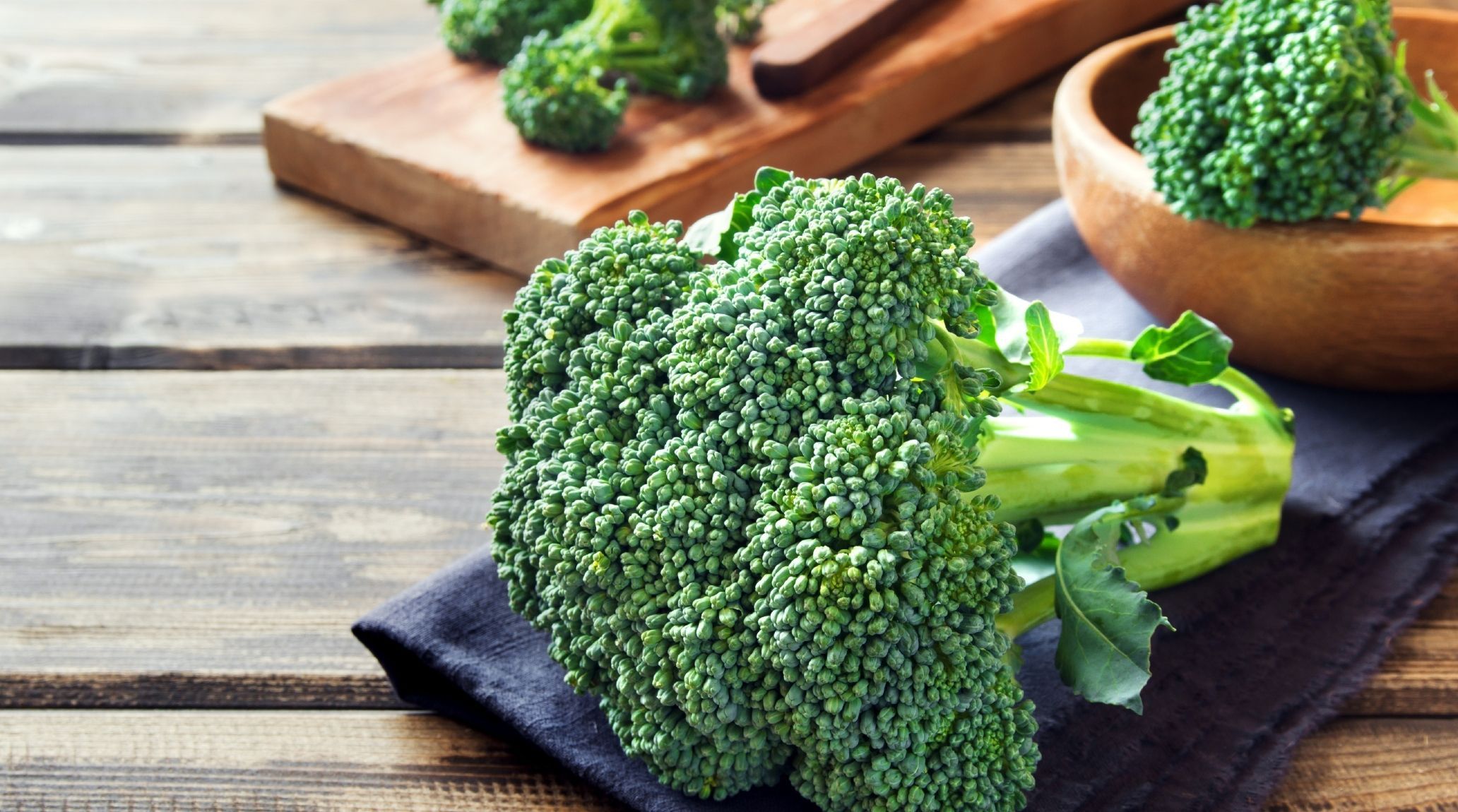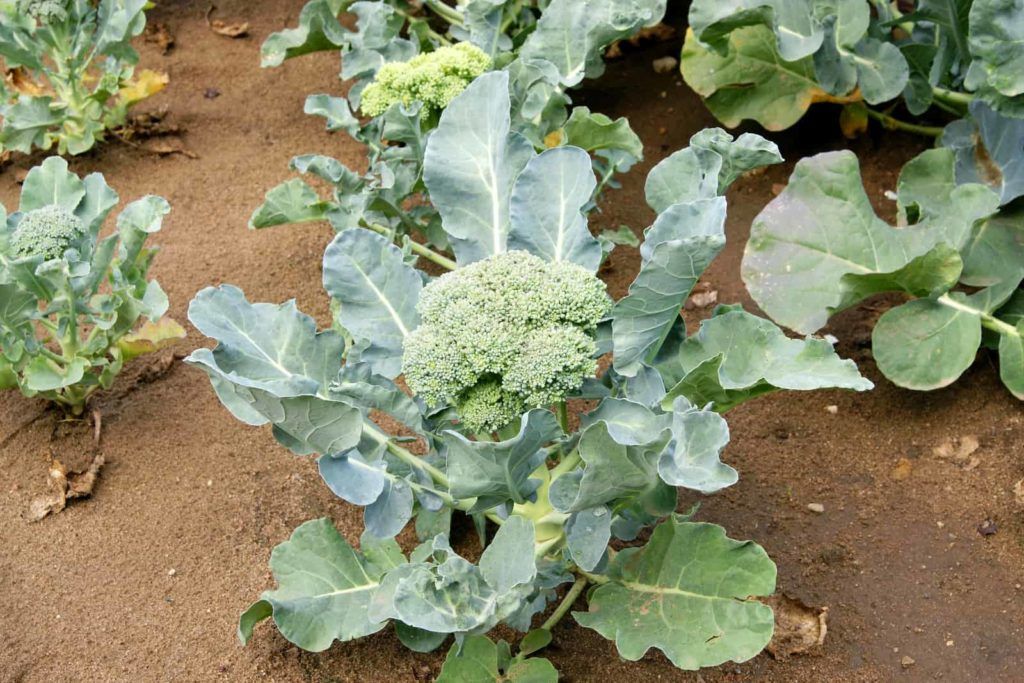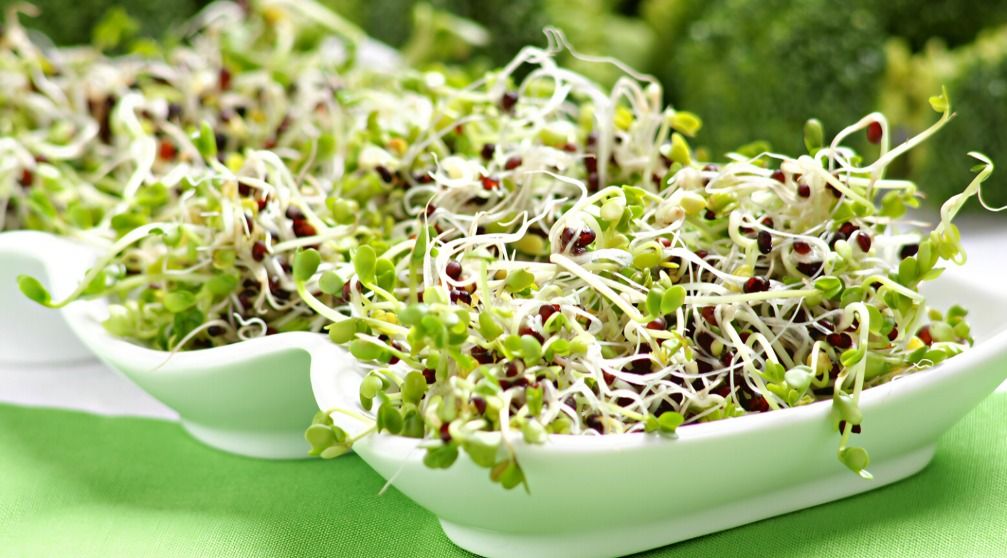
“
Captivating Facts About Broccoli reveals why this super food is so remarkable. Broccoli offers a range of health benefits, packed with essential vitamins, minerals, and antioxidants. From its ancient Mediterranean origins to its role in modern diets, broccoli stands out as a nutritional powerhouse. This blog will explore fascinating facts about broccoli, including its health advantages, cultivation insights, and significance in today's cuisine. Whether you're a health enthusiast or simply curious about this green vegetable, you're in for an engaging and informative read!1
1
”
Broccoli is widely grown worldwide, with major producers including China, India, and the United States. Its global popularity makes it a staple in many cuisines and agricultural practices. 1
Originating in the Mediterranean, broccoli was cultivated by Romans 2000 years ago. It spread through Europe and was introduced to the Americas in the 18th century, becoming a staple due to its nutrition. 2
Broccoli contains sulforaphane, a compound with potential anti-cancer properties. Research by Dr. Richard Mithen in 2013 shows sulforaphane's ability to impact cancer cell growth, aiding in cancer prevention. 3
John and Mary Evans from Palmer, Alaska, USA, grew a massive broccoli in 1993 weighing 15.87 kg (35 lbs). This impressive vegetable showcases the potential for extraordinary produce in home gardening. 4

Broccoli is an annual plant growing 60–90 cm (24–35 inches) tall. It features thick, leathery leaves and dense clusters of green flower buds that eventually open into yellow flowers and dry fruits.
The tiny florets of broccoli are buds ready to bloom. If left unharvested, these buds will eventually burst into a vibrant display of yellow flowers, offering a beautiful reward even if you let them grow. 5
While green is the most common color for broccoli, there are also purple and white varieties. Purple broccoli has a slightly sweeter flavor and contains more antioxidants than the green type. 6
Broccoli was grown aboard the International Space Station as part of NASA's Veggie experiment, showcasing its adaptability and nutritional value for space missions and future extraterrestrial farming. 7
Broccoli belongs to the Brassicaceae family, including cauliflower and Brussels sprouts. It is composed mainly of water and fiber and offers essential vitamins and minerals, making it a versatile and nutritious vegetable. 8
Broccoli has a slightly bitter, earthy flavor from glucosinolates, contributing to its aroma and potential health benefits, including cancer prevention and detoxification support. 9
With low calories and high fiber, broccoli is ideal for weight management. It offers a satisfying volume of food with minimal calories, supporting a weight-loss diet while providing essential nutrients. 10
Broccoli thrives in cooler climates, usually as a winter crop. It prefers well-drained soil and ample sunlight, making it suitable for various environments, from home gardens to large-scale farms. 11
Historically, broccoli was used in traditional medicine for digestive support and overall health improvement. Its long-standing use reflects its value in promoting wellness in different cultures.12
Broccoli is incredibly nutrient-dense. Just one cup of cooked broccoli provides over 100% of the recommended intake of vitamins C and K, along with significant amounts of fiber and folate. 13

Broccoli sprouts are rich in sulforaphane, offering higher levels than mature broccoli. They are consumed for enhanced health benefits, including potential cancer prevention and detoxification support.
Did you know George H. W. Bush banned broccoli on Air Force One? He disliked it since childhood, a dislike stemming from his mother's insistence on making him eat it, as many mothers do. 14
The two most common types of broccoli are Calabrese, such as the 'Iro' variety, and sprouting broccoli. Calabrese is known for its large, dense heads while sprouting broccoli produces smaller heads with a more delicate flavor. 15
As broccoli ages, it can turn yellow due to the breakdown of chlorophyll. While still edible, the yellowing indicates changes in flavor and texture, making it less desirable for consumption. 16
Broccoli can be a nutritious treat for some pets, including dogs and rabbits. It offers vitamins and fiber but should be given in moderation to avoid gastrointestinal upset. Consult a vet before introducing new foods.17
Cooking methods like boiling, microwaving, and stir-frying affect broccoli's nutrients, mainly vitamin C. Steaming preserves the most nutrients, with half a cup of cooked broccoli providing 84% of the daily vitamin C intake. 18


